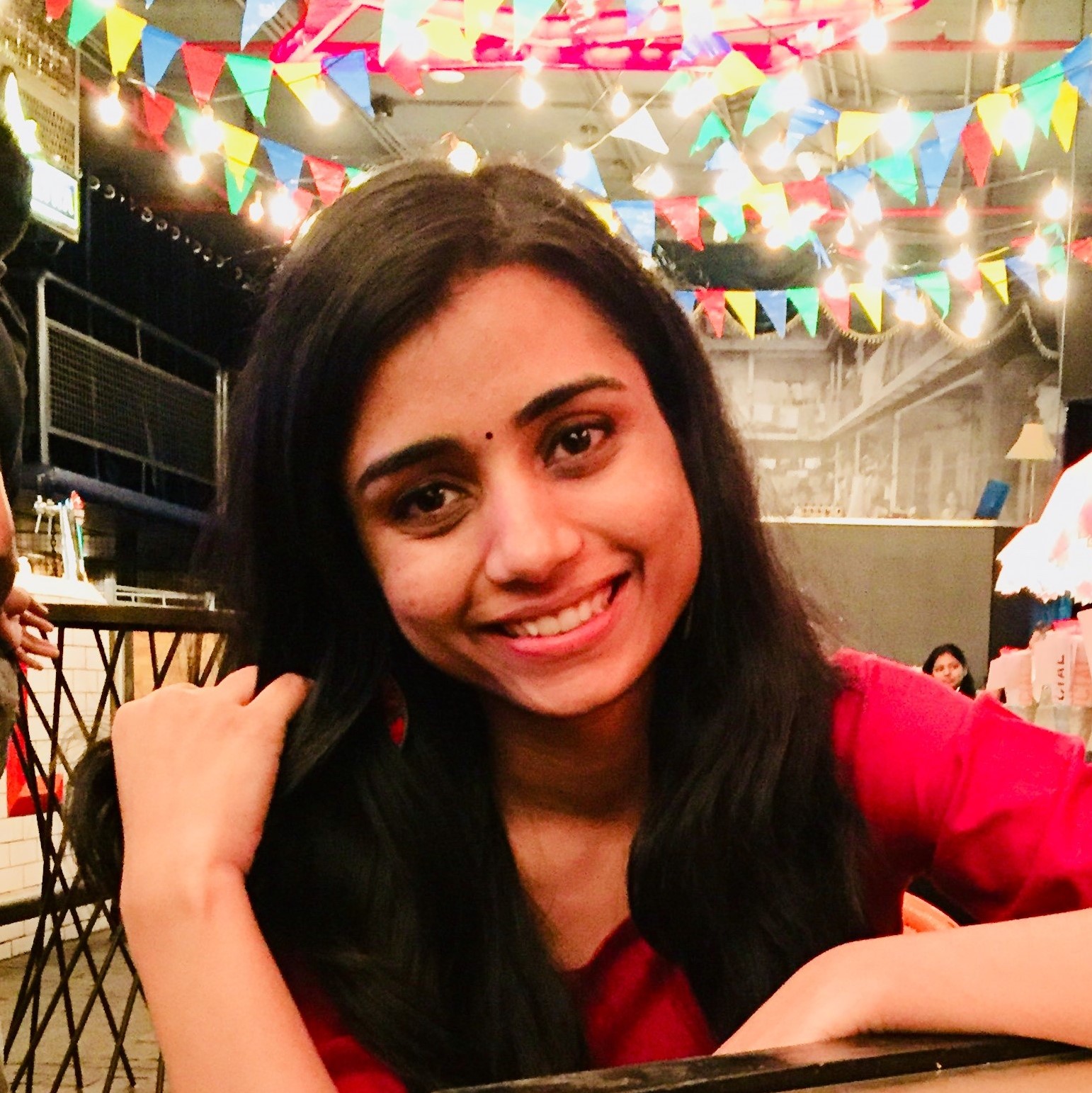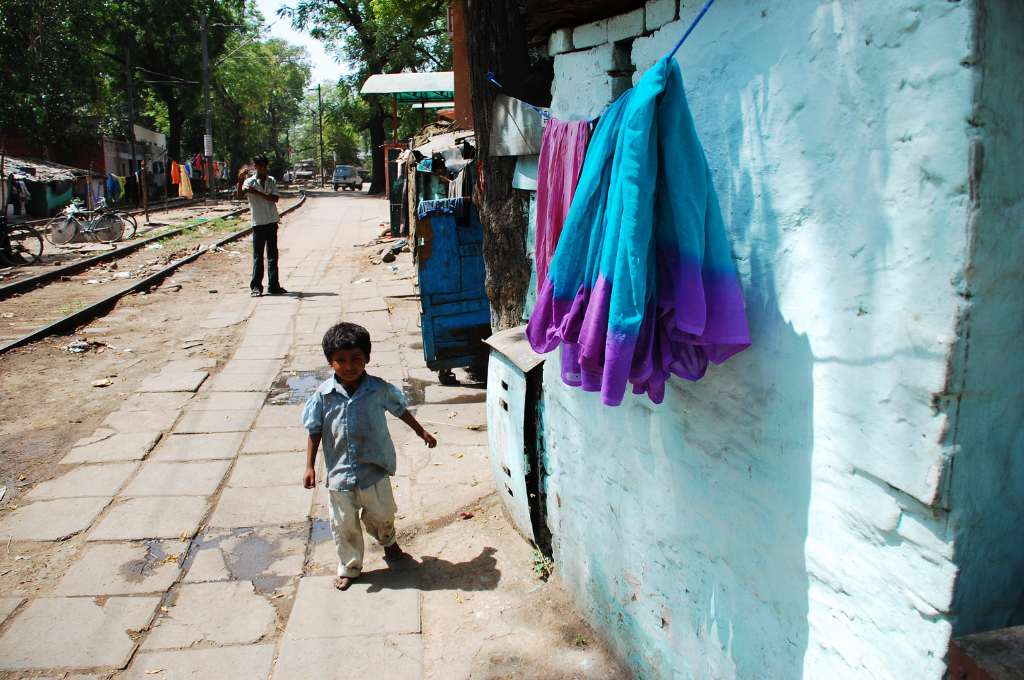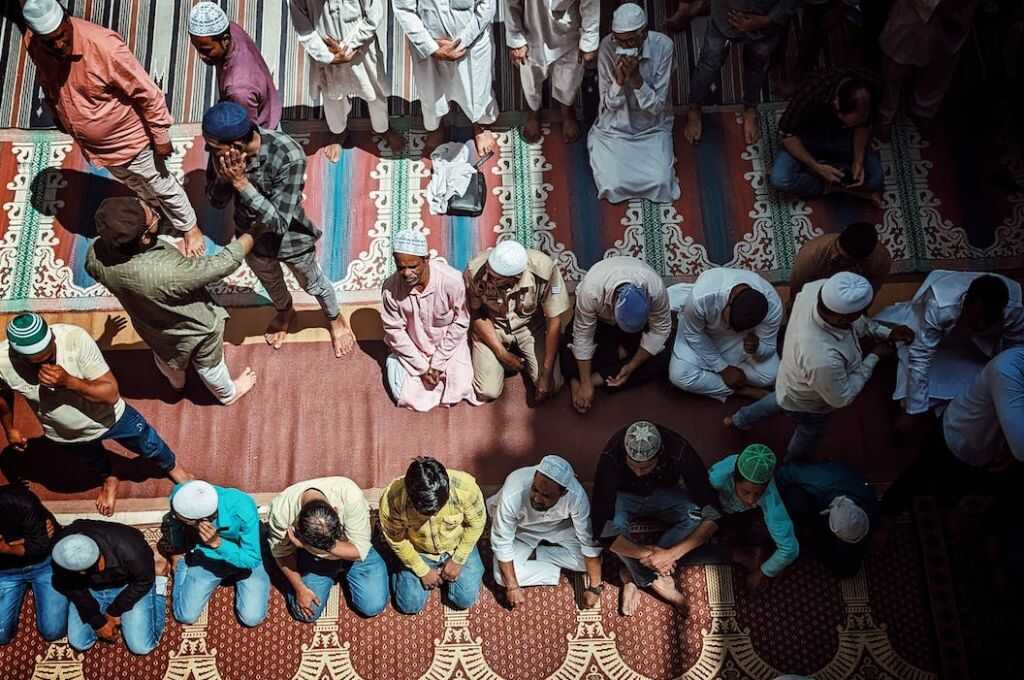In 1989, Dr Fernandez set up Asia’s first milk bank at Sion Hospital. She then went on to start SNEHA in the early 1990s with the aim to reduce maternal and neonatal mortality and gender-based violence. Routinely treating low-income families coming in with sick, premature infants, she wanted to develop sustainable interventions that would go beyond providing stopgap solutions.
Here’s some of what she learned along the way.
You might have to work with a municipal corporation to improve the quality of a system while simultaneously working with the communities to disseminate knowledge and change behaviour.
Often you need to go door to door, from house to house, and individually approach people from the communities you want to work with.
Community mobilisation in slums is far more difficult than in rural areas, because rural communities are more or less homogenous. In contrast, in urban slums there are people from different states and communities, all of whom have different traditional and cultural practices.
For example, to address newborn nutrition, you need to go back all the way to the mother while she was an adolescent girl. Every phase of the mother’s life impacts the health and nutrition of her children, which is why you need a life-cycle approach in order to solve the problem.
If you want to change policies, you need to put in the research first. It’s tough, expensive, and difficult, but to bring about change, and to get funds you need to show people your research, show them what has worked, and what needs to be done further.
You can read more of our conversation with Dr Fernandez here.




